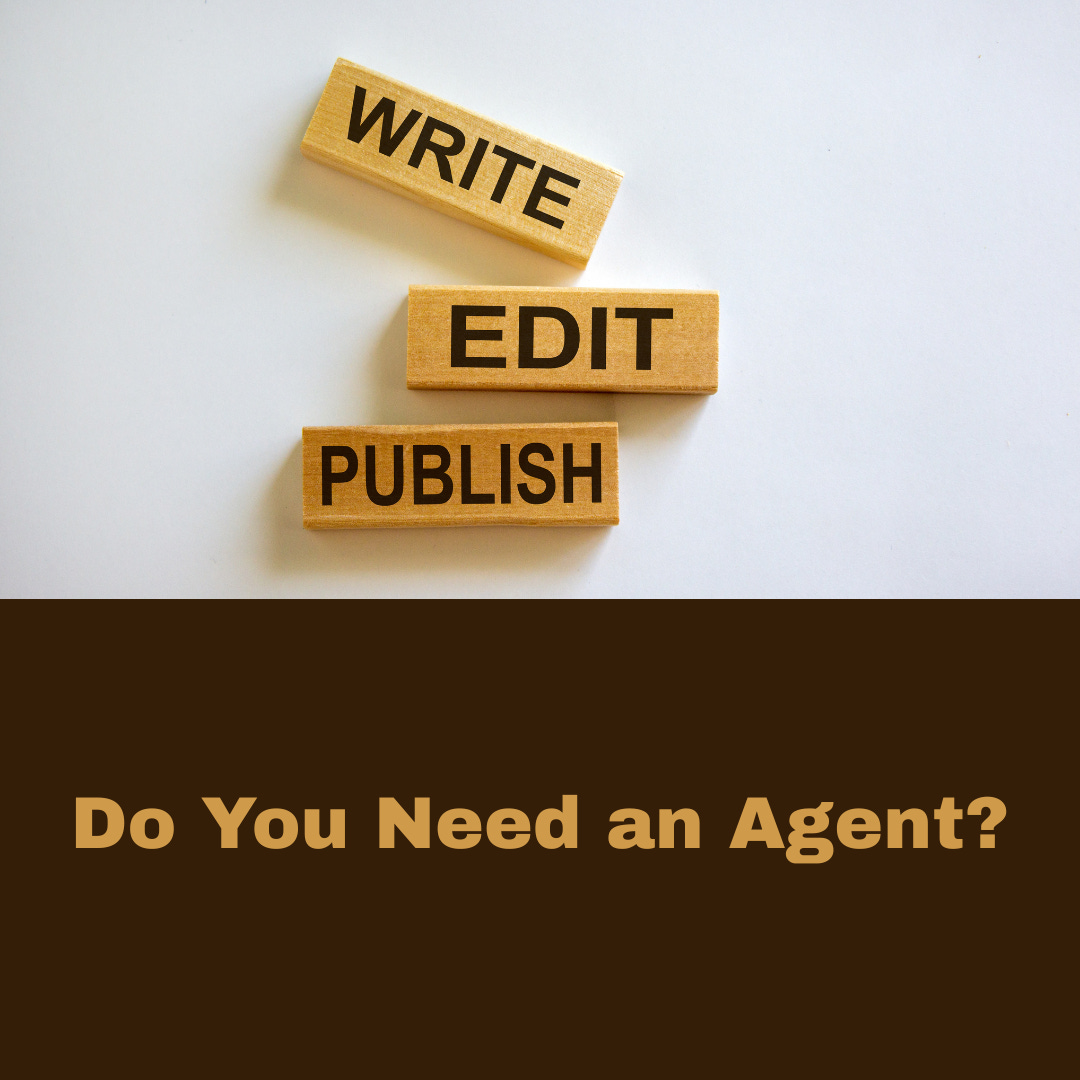Agents and Small Presses
Do you need an agent to submit to a small press?
Dear Writer,
Prose writers are often advised by their mentors or friends to find an agent once a manuscript is completed, and poets are often told there aren’t many agents willing to represent poets. Querying agents can be a humbling, grueling experience for an author, with lots of long waits and lots of passes. So, why land an agent, especially if you see your work as more likely to land at a small, indie publisher? What kinds of books or authors benefit most from an agent?
Of course, like anything else, the answer to this question will vary by individual author and project. Poets, especially debut poets, are unlikely to attract an agent, as agents make their money from royalties and advances — and neither royalties nor advances from most poetry collections are going to pay the bills for an agent. So, if you’re a poet, my advice would be pursue an agent if you like, but in the meantime, just submit your work to presses until you find a home for it. When you get to the part of the process where agents can be particularly helpful, the part where you sign the contract, there are many wonderful resources, including The Authors Guild, that can assist you with understanding the language, proposing changes, etc., things that agents typically do for authors.
If you are a prose writer, an agent who really embraces your book will assist you in editing it to make it more appealing to potential publishers, coach you on how to improve your audience base, and in some cases, connect you with other authors so you can network. At Trio House, we notice that creative nonfiction manuscripts that have been edited well, either by an agent or an outside editor, stand out immediately as being more coherent and finished — so if you do not have an agent, at least consider hiring an experienced editor to work with you to get the manuscript ready for submission.
Landing an agent will be easier if you are a prose writer, even if you are a debut author — though it is a process that can take awhile, especially if your book isn’t easily identified as fitting into a “hot” genre or trend. That said, an effective agent can be incredibly effective in getting your book picked up for publication. They invest time in your manuscript because in the end, it will pay off for them when they land you a lucrative contract. Agents usually are paid 15% or more of the proceeds from rights sold in a contract.
Some authors question whether or not it is worth it to have an agent, because they will be giving up a portion of the income from the book; my view is that an agent will probably get you the best deal possible, and will earn that money. They also may have avenues to sell other rights for your book (foreign, translation, film, etc) that will earn you more money than you would have made if you had attempted to negotiate the contract yourself.
The downside of having an agent if you are targeting small presses is that many small presses can’t afford large advances that are attractive to agents — so they may skip those presses when it comes to submitting your work, or they may not have existing relationships with those presses. The agents we have worked with have had faith in the potential of a book and were OK with waiting for royalties to come later, as royalties are earned, rather than only approaching larger presses with large upfront advances. Ideally, if you are interested in approaching both large and small presses, you should retain the right to submit to small presses and contests yourself, and if you are successful in landing the deal, negotiate a lower percentage for the agent if possible when it comes time to negotiate the contract.
As a publisher, I appreciate the involvement of agents in the contract negotiation process. Agents understand contracts, and most authors don’t, especially if it’s their first contract. When I talk with an agent about the details of a contract, I don’t have to get them up to speed when it comes to what the language means, or what rights we can or can’t give up as a small press, because they understand contracts and they understand how small presses are structured. Because both agent and publisher have the priority of making sure the book is as successful as possible, we often discuss the deeper particulars of how we can work together to ensure the success of the book that is ultimately published.
In the end, the only person who can decide if pursuing an agent is a good idea is you; consider your priorities and timeline, and research what’s out there. To find an agent, you can look on Duotrope, Poets & Writers Literary Agent Database, or other lists, or (even better) ask your friends and acquaintances with agents if they would be willing to recommend you to their agent. AWP offers a “Writer to Agent” program on a regular basis, where writers can apply to meet with and consult with agents, and there are other conferences that also offer these opportunities.
Wishing you the best, agented or not,
Kris

